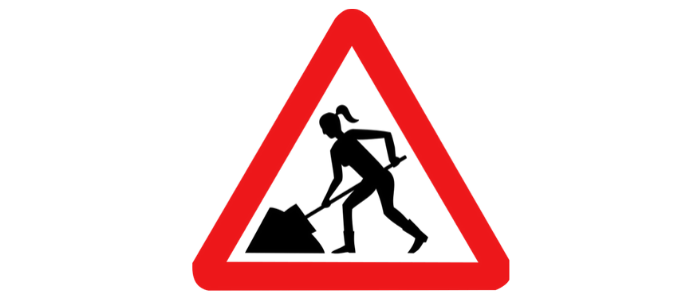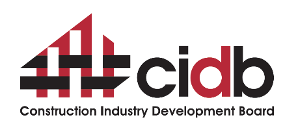
The built environment industry, like many other technical and engineering industries, has traditionally been male dominated. This is unsurprising given the nature of the work at its core, historically aligned with physically demanding manual labour.

However, as the construction industry has evolved, so too has its workforce. From civil and structural engineers, through to consultants, contractors and construction workers, women on the jobsite is no longer an unfamiliar scene.
“The Construction Industry Development Board (cidb) aims to see this trend on the rise for the foreseeable future, until the industry is better representative of South Africa’s population,” says Cyril Vuyani Gamede, CEO of the cidb. According to the cidb’s January 2020 report, Construction Monitor – Transformation, women-owned contractors access just 20% of total public contract awards, and make up 30% of all contracting enterprises who participated in the research.
Recognising and promoting industry transformation
In line with these objectives, the cidb has developed an awards programme to showcase projects and achievements from women in the construction industry. The Empowerment and Recognition of Women in Construction (ERWIC) Awards consist of ten awards categories, which are open for entry to any entity which is registered with the cidb and is at least 51% female-owned. The awards also recognise clients, entities and individuals who support gender transformation and mentorship of women within the industry. Entries are open until 17 July 2020 with winners named during Women’s Month in August. Specific entry criteria differ for each award and can be viewed in the awards overview online here. For more information, visit http://www.erwicawards-cidb.co.za.
The cidb encourages established construction professionals to contribute to transformation through a personal commitment to mentorship and coaching of women in the industry. The Monitor found that while women-owned entities were on the rise, most of these fall within the lower cidb grades 1-3. “Mentoring in the industry may see these businesses successfully scale to larger operations, contributing to job creation and the empowerment of women in construction,” comments Gamede.
Further, this should not be an exclusively female-driven initiative; willing professionals of any gender should consider leveraging their institutional knowledge and wealth of experience to guide up-and-coming women. This aligns to the cidb ethos of development through partnership. “Inclusive leadership and a willingness to teach are at the core of achieving transformation in the industry. We encourage capable professionals in industry to position themselves as role-models and mentors, to set the example and play their part in developing the construction industry to one of inclusivity and equality,” concludes Gamede.
More news
- REFRATECHNIK ASIA NEW ASSOCIATE CORPORATE MEMBER OF WCA
- PART 5: SA’S TRADE DILEMMA: A PODCAST DISCUSSION WITH DONALD MACKAY
- STATE-DRIVEN OPPORTUNITIES FOR SA CONSTRUCTION COMPANIES BUT MANAGING RISK IS A PRIORITY
- PART 4: SA’S TRADE DILEMMA: A PODCAST DISCUSSION WITH DONALD MACKAY
- CONCOR KICKS OFF OXFORD PARKS BLOCK 2A PHASE I PROJECT

